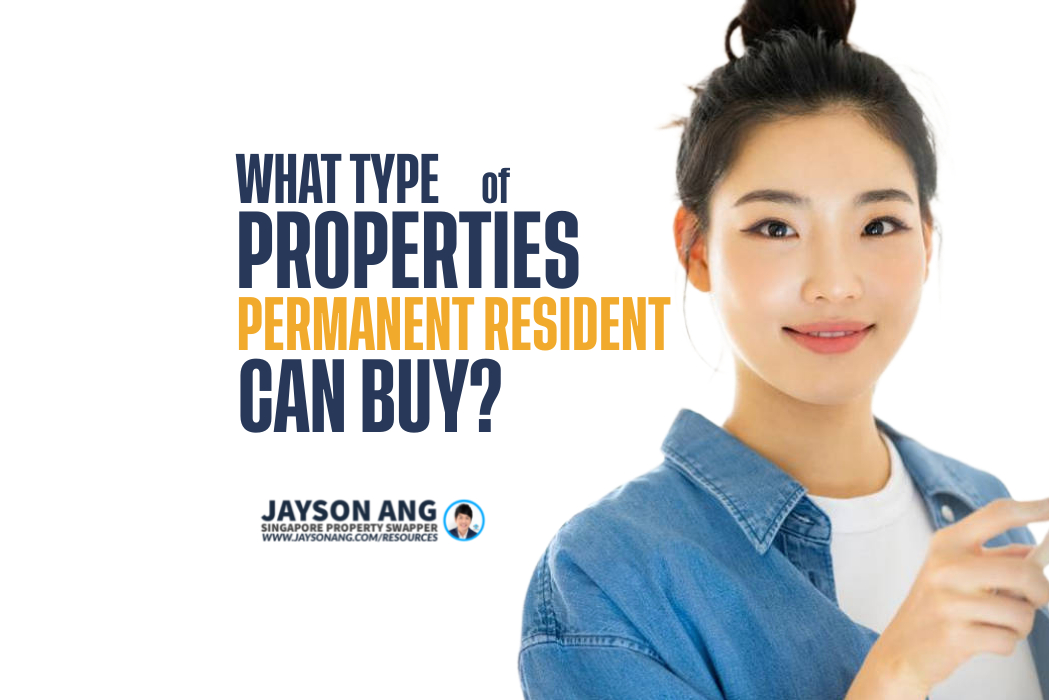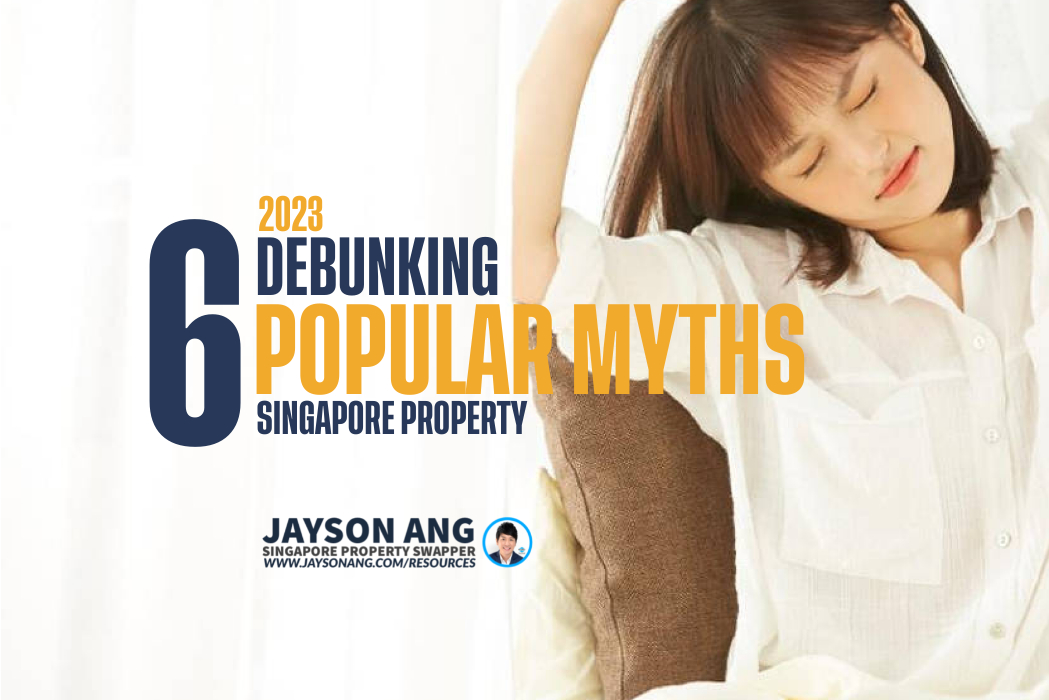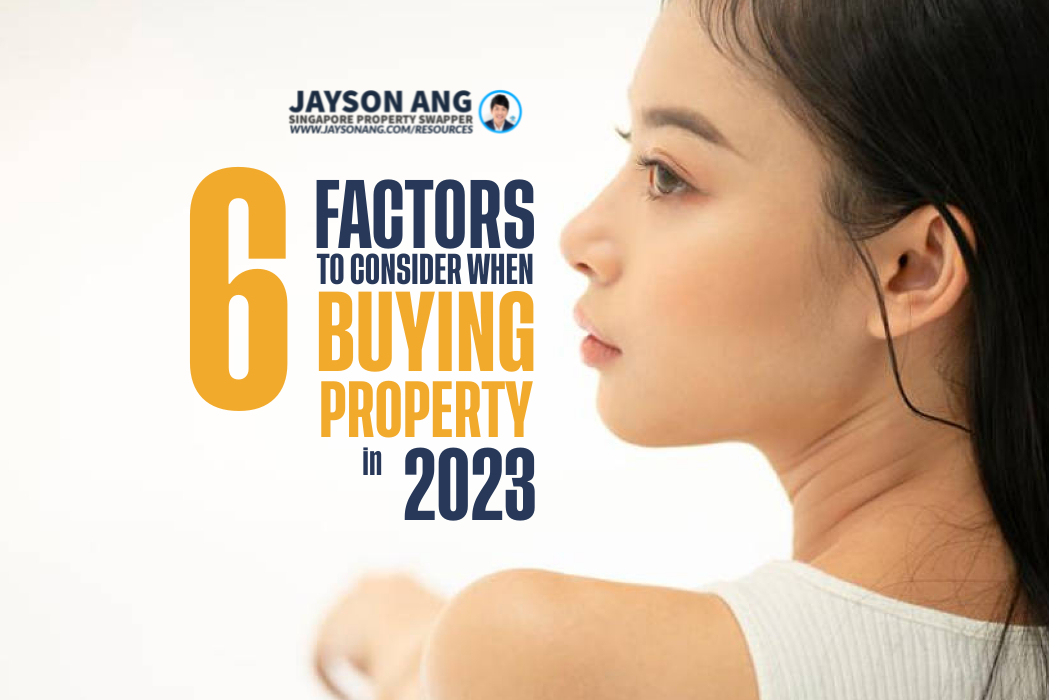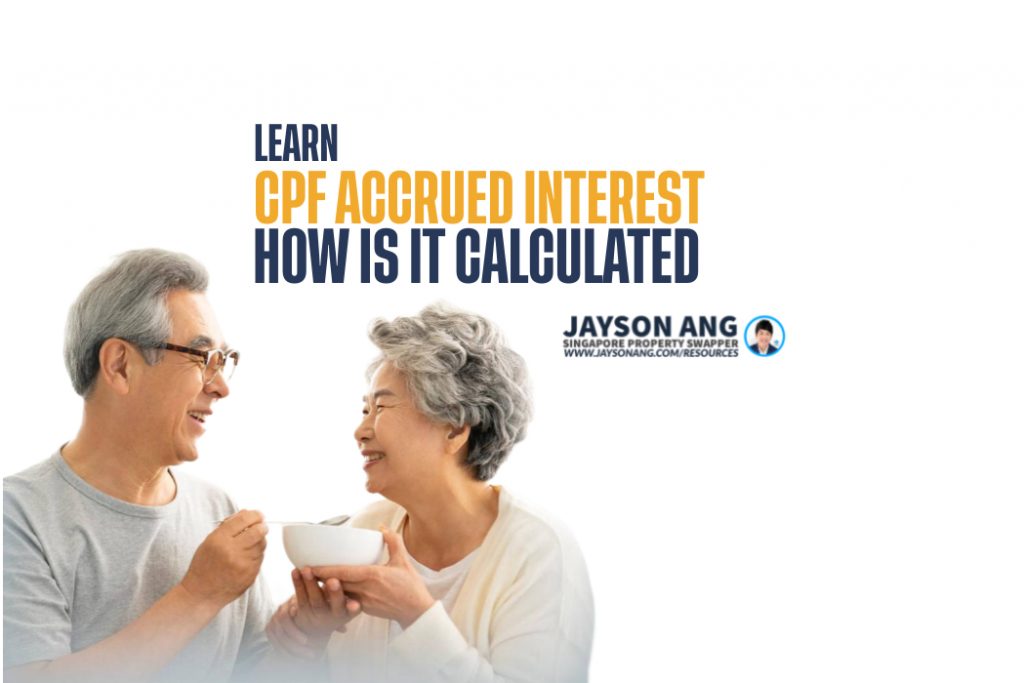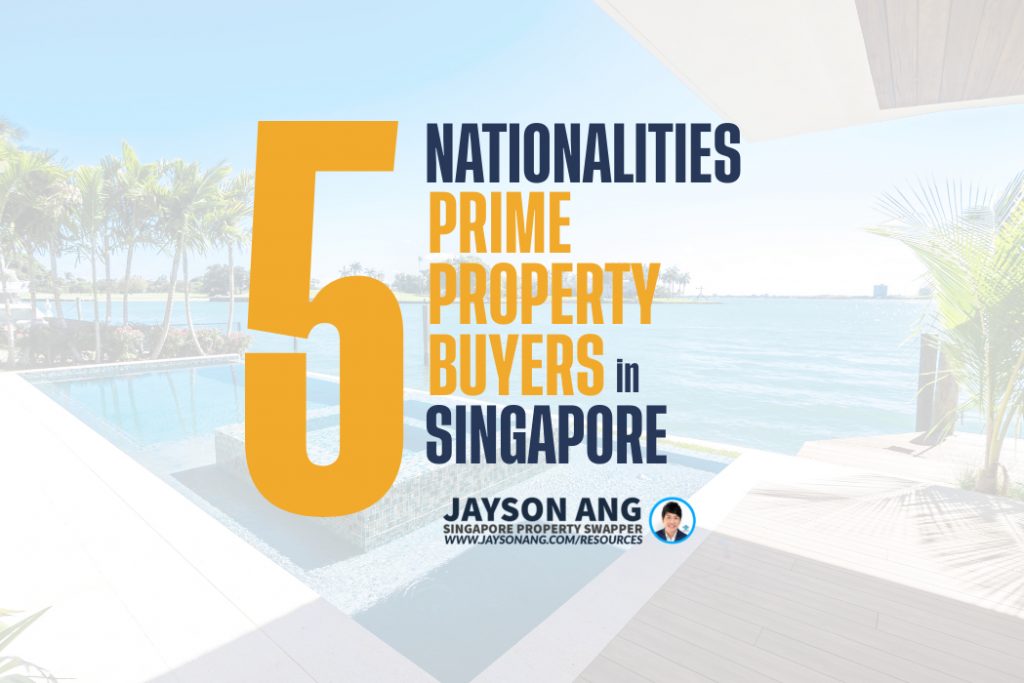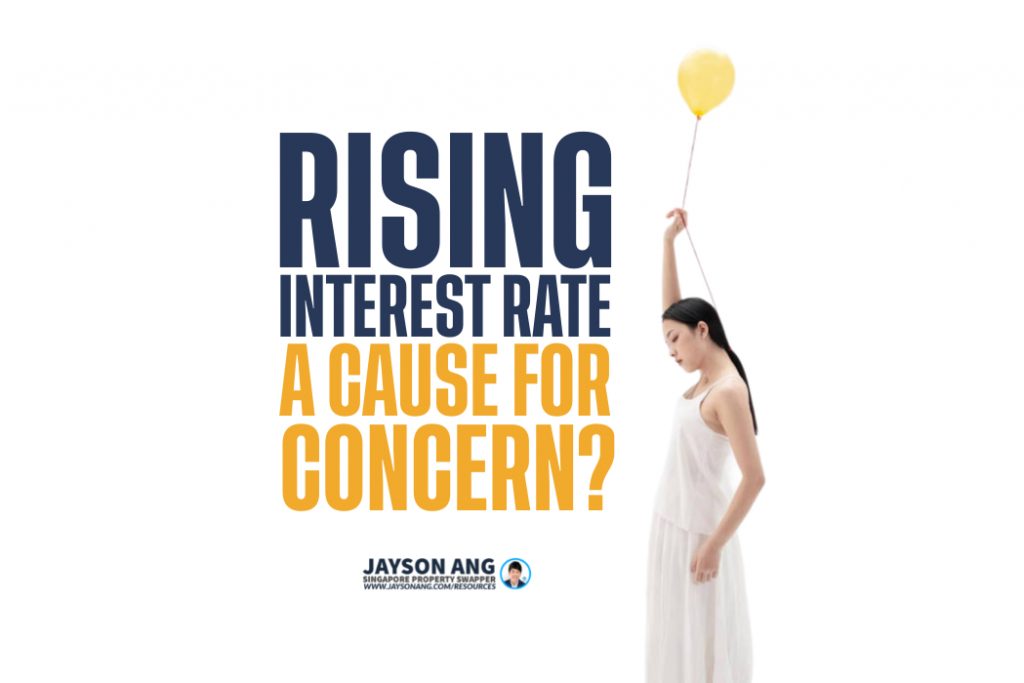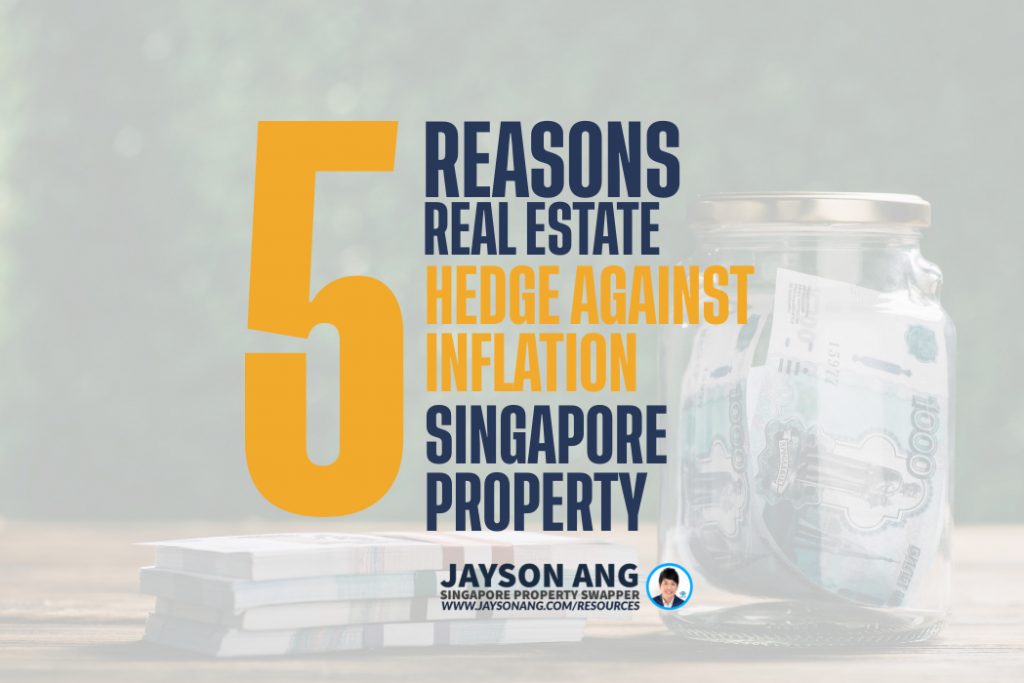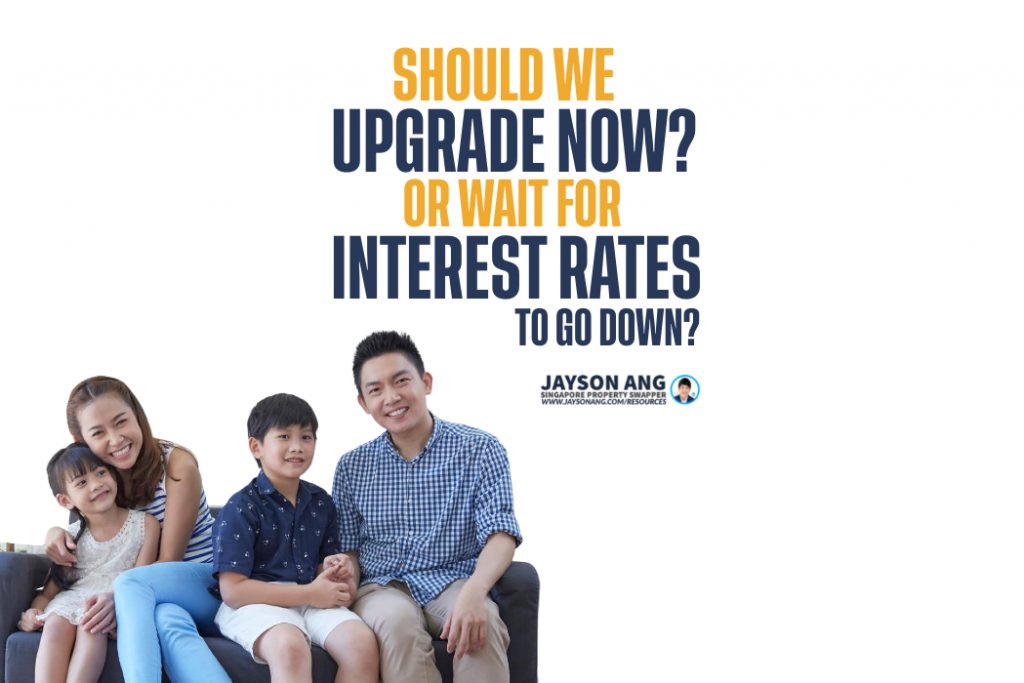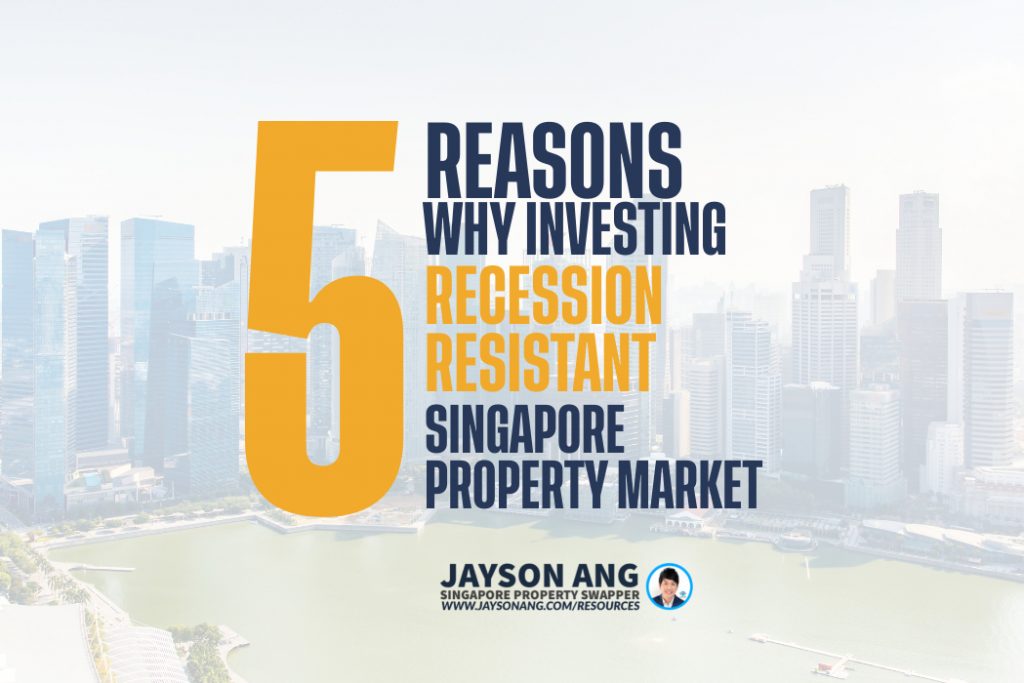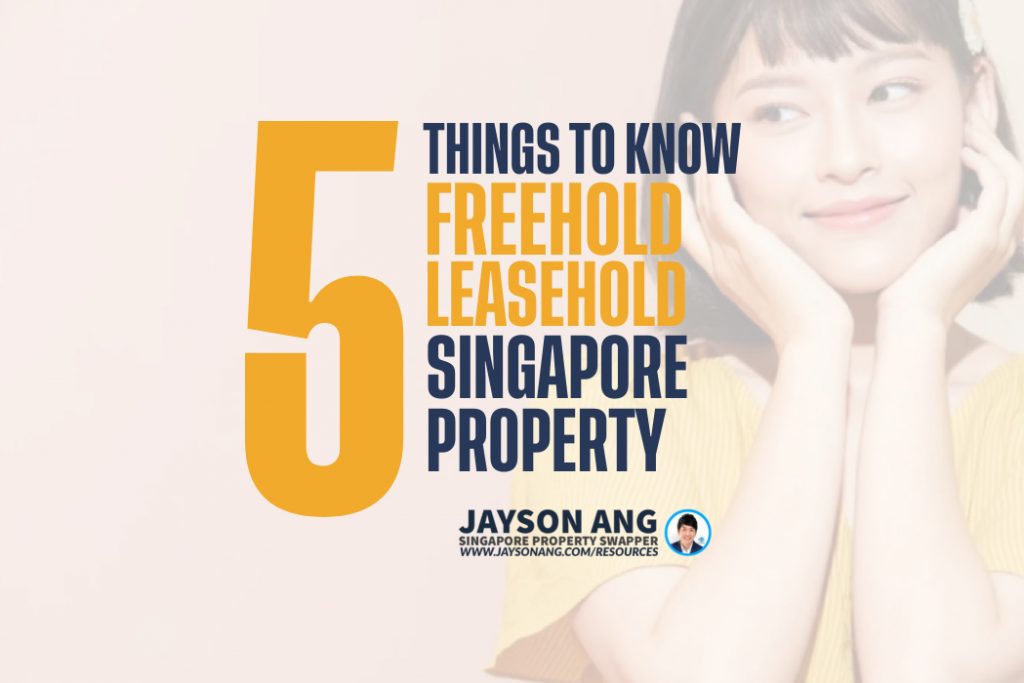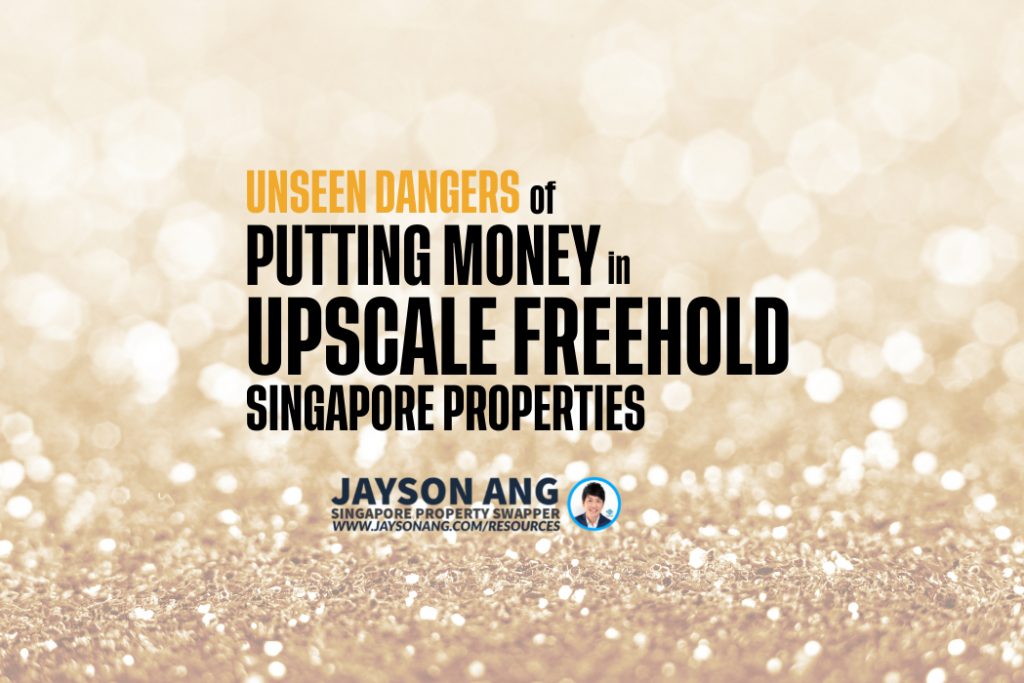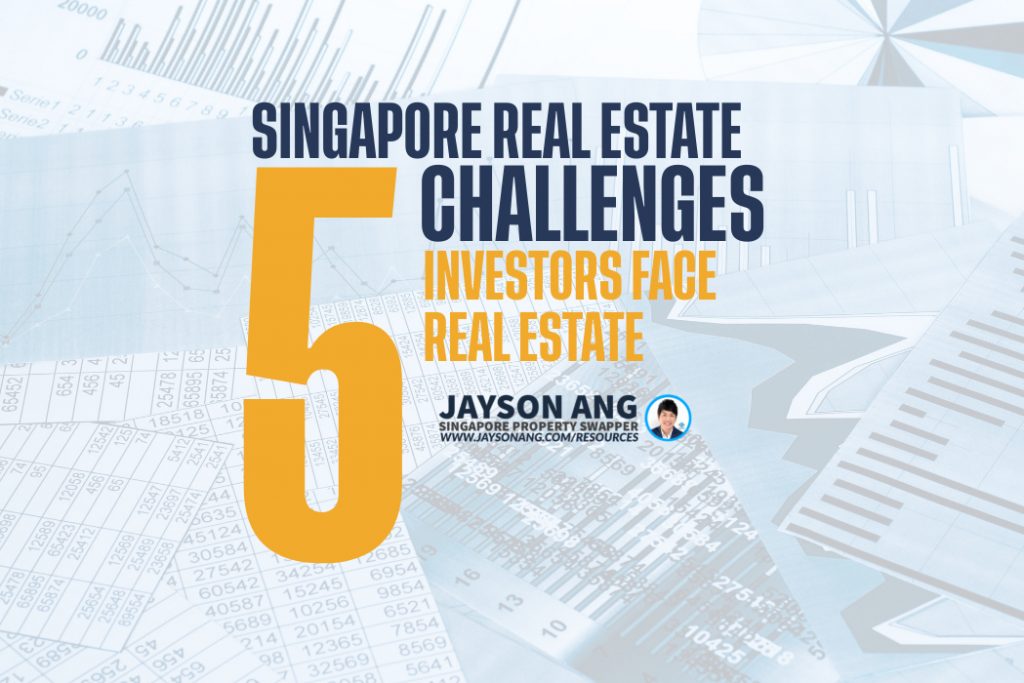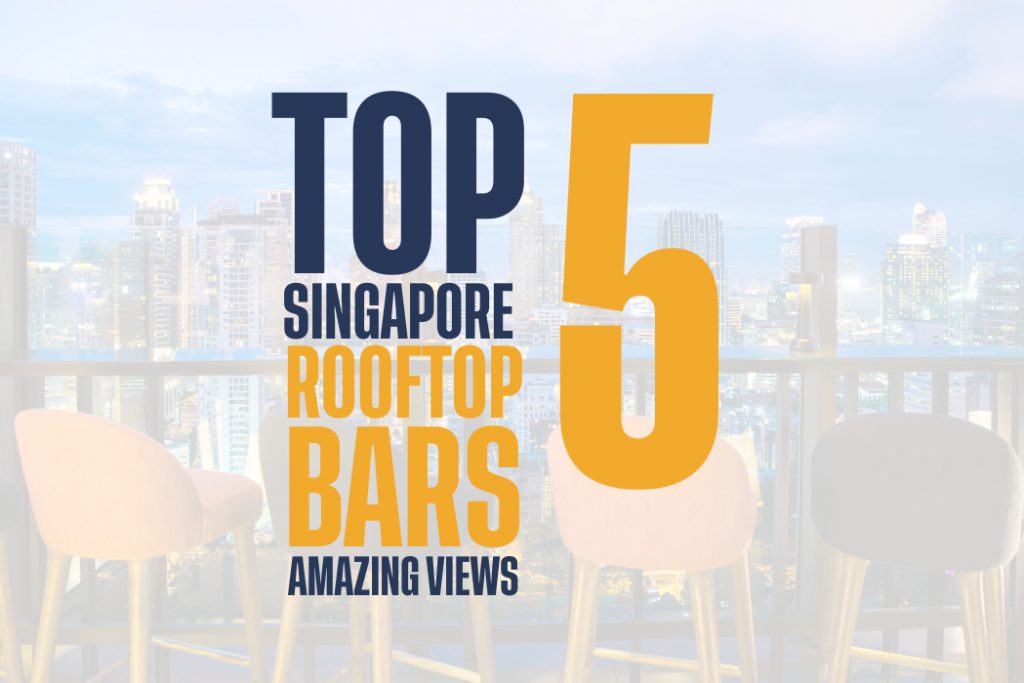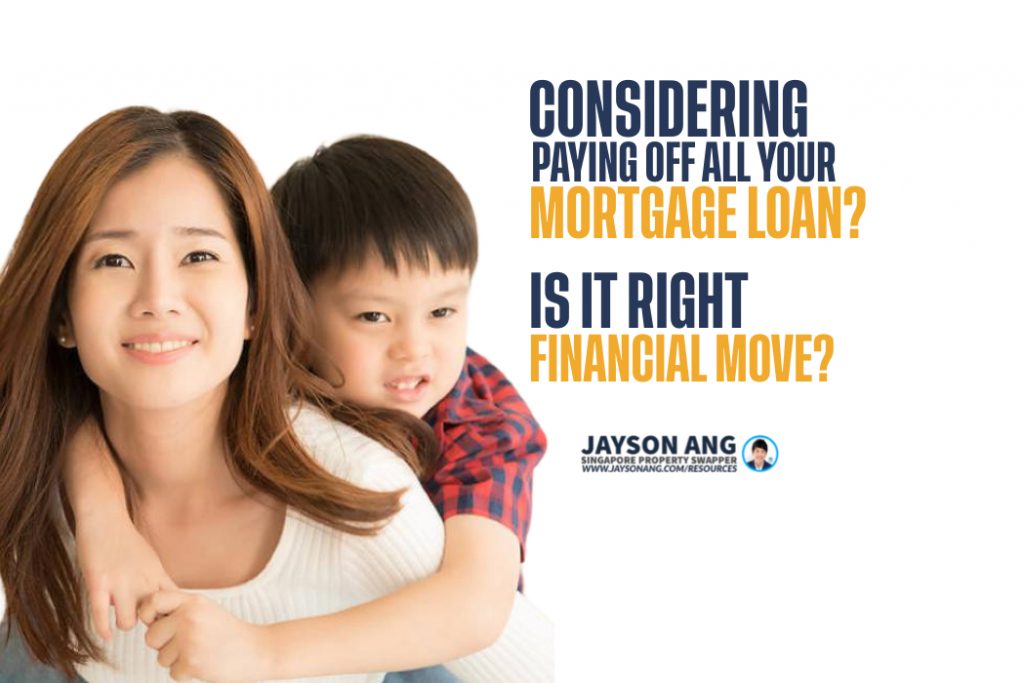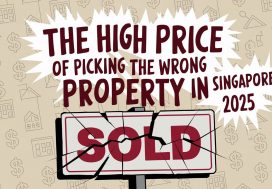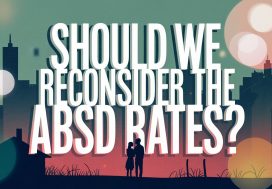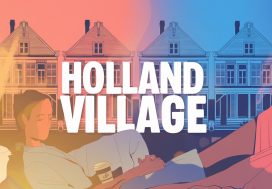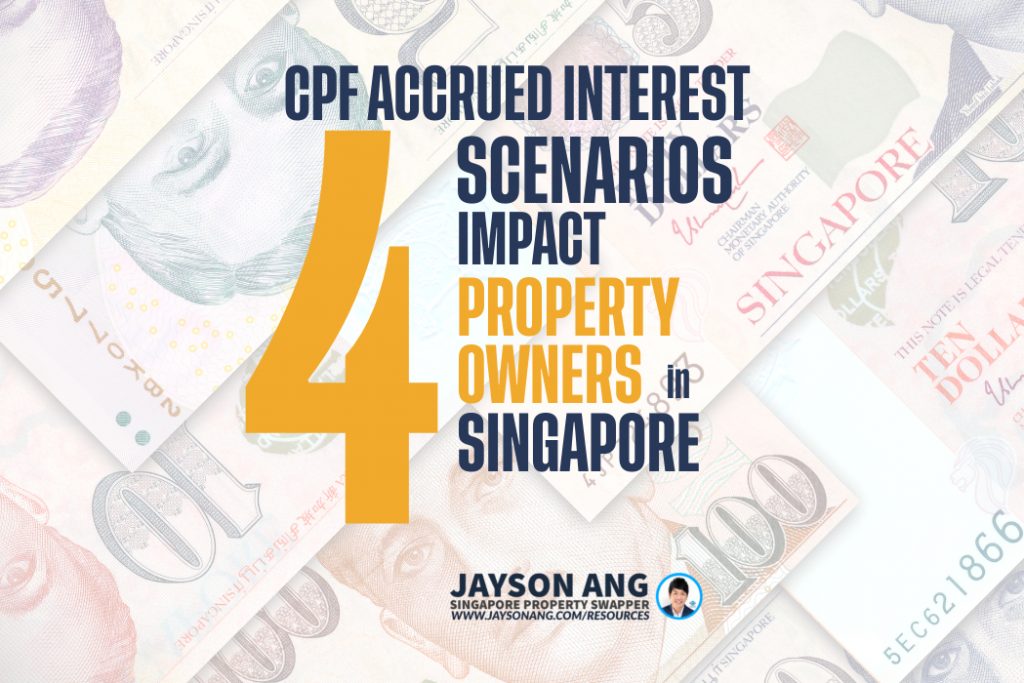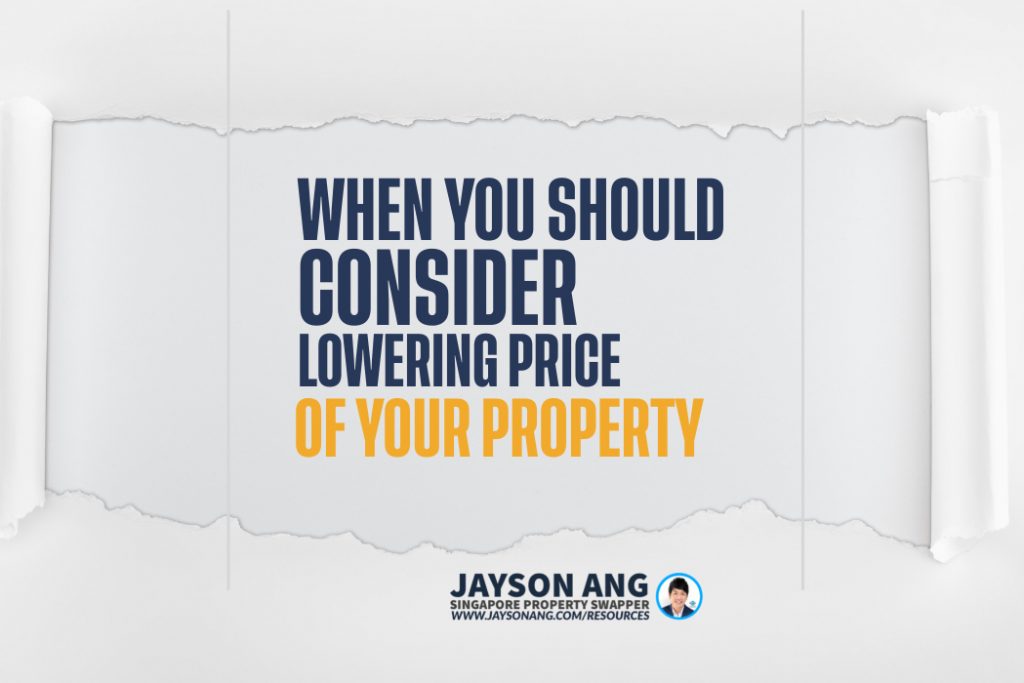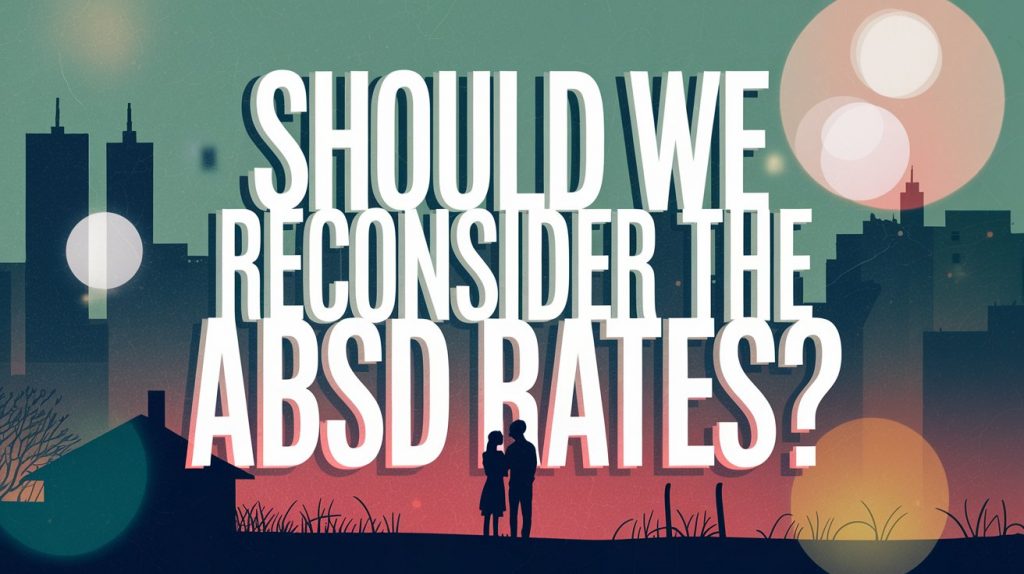TLDR
When it comes to purchasing property in Singapore as a Permanent Resident or Foreign National, there are specific restrictions and eligibility criteria to consider. Singaporeans have the most flexibility in property choices, while PRs have limitations but more options compared to non-residents and foreigners. Certain properties, such as vacant residential land, terrace homes, and bungalows, are off-limits to PRs and foreign nationals.
PRs can buy condo units, strata landed housing in approved condominium projects, commercial properties, and certain HDB flats and shophouses. However, there are conditions to be met, especially when it comes to government housing like HDB flats and ECs. Private condominiums offer more flexibility for PRs in terms of ownership.
Understanding stamp duties like Buyer’s Stamp Duty (BSD) and Additional Buyer’s Stamp Duty (ABSD) is crucial when entering the property market. PRs face varying ABSD rates depending on whether it’s their first, second, or subsequent property purchase. Recent adjustments to ABSD rates aim to regulate property investment demand and maintain affordable housing in Singapore.
Navigating the rules around property ownership in Singapore requires careful consideration of eligibility criteria, stamp duties, and market conditions. Consulting with real estate experts can provide strategic guidance and help maximize the value of your property investment.
The type of property a person can buy in Singapore depends on their residency status. Singaporeans can purchase any type of property, while Permanent Residents (PRs) have fewer choices than Singaporeans, but more than non-residents or foreigners.
However, there are certain types of properties that PRs, non-residents, and foreigners are not allowed to buy.
Before we delve into the different types of homes for PRs, let’s first discuss the properties that are off-limits to them.
What Singapore Properties are off-limits for Permanent Residents and Foreign Nationals?
- Vacant residential land
- Terrace homes
- Semi-detached houses
- Bungalows or detached dwellings
- Strata landed houses not within an approved condominium project (e.g. cluster homes or townhouses)
- Association premises
- Places of worship
- Serviced apartments/boarding houses/worker’s dormitories (not registered under the provisions of the Hotels Act).
This is a list of properties that non-Singaporeans and foreign organizations can only purchase with the permission of the authorities.
According to the Residential Property Act, only Singaporean citizens, companies, societies, and limited liability partnerships are allowed to buy landed housing without prior government approval.
If you are a foreigner or permanent resident interested in buying any of these properties, you must apply for approval online at www.sla.gov.sg/ldau. Each application will be considered on an individual basis, based on factors such as those listed below (other factors may also be taken into account):
- You should be a PR for at least five years
- You provide “exceptional economic contribution” to the country, as seen from the taxes you generate. The government may also consider your investments in Singapore, your business activities and amount of people you employ here.
What Singapore Properties Eligible for Purchase for PRs?
- Condo units
- Strata landed housing in an approved condominium project
- A leasehold estate in a landed home for a term not surpassing seven years, inclusive of any extension or renewal
- Shophouses (for commercial use)
- Industrial and commercial properties
- Hotel properties registered under the provisions of the Hotels Act
- Executive condominiums (ECs), HDB flats and HDB shophouses*
*Subject to certain eligibility conditions and guidelines.
This is a list of properties that non-Singaporeans and foreign companies can purchase without government approval. Unlike landed properties in Singapore, foreigners can buy landed houses in Sentosa Cove without prior permission.
However, these houses are leasehold and expensive, making the area a playground for the wealthy. During the COVID-19 pandemic, Sentosa Cove properties saw a resurgence in 2021 and continue to rise in value. As of January 2022, resale condo units in Sentosa Cove are more expensive than those in mainland Singapore.
What Singapore Properties Can PRs Buy?
There are three primary types of residential properties that Permanent Residents (PRs) can purchase. These include HDB flats, ECs, and private condominium units.
Nevertheless, it is crucial to note that PRs are required to comply with specific conditions when it comes to government housing, which includes HDB flats and ECs.
Private condominiums do not have such restrictions. We will provide further clarification below.
Can Singapore PRs Buy an HDB Flat?
When it comes to buying an HDB flat directly from HDB, a single PR can’t do so. The only way for a PR to purchase a new HDB flat is by marrying a Singapore Citizen.
If two PRs are forming a household together, they also can’t buy subsidised HDB flats sold by the government.
However, they can buy a resale flat with another Singapore PR if they’ve both been PRs for at least three years. A single PR can’t purchase a resale HDB flat on their own either.
To buy an HDB flat, you need to ensure you meet the Ethnic Integration Policy and the Singapore Permanent Resident quotas when buying a home.
You must belong to the same race or ethnic group as the seller of the flat and there must still be space for your ethnic group in the HDB block or neighbourhood where you plan to purchase.
Can Singapore PR Buy an EC?
The eligibility requirements for purchasing a new Executive Condominium (EC) depend on whether the buyer is a PR or not. If the buyer is a PR, they need to fulfill additional conditions, such as marrying a Singapore Citizen.
The complete list of eligibility criteria can be found on the HDB website.
However, purchasing a resale EC is comparatively easier, and there is no requirement to form a family nucleus. ECs are a hybrid of public and private housing and come with various facilities like private condos.
For the first five years after purchasing an EC, the buyers need to occupy the unit themselves, as per HDB rules.
After five years, they can rent out or sell the unit to Singapore Citizens and PRs only.
Once ten years have passed, the EC will be fully privatised, and the owner can sell it to foreigners.
Can Singapore PR Buy a Private Condo?
Compared to HDB flats and ECs, permanent residents have the option to purchase a new or resale condo if they can afford it.
Private residential properties are generally considered wise investments, especially those located in prime areas and close to amenities like MRT stations, malls, and restaurants.
Before entering Singapore’s property market, it is important to be aware of two levies that must be paid: the Buyer’s Stamp Duty (BSD) and Additional Buyer’s Stamp Duty (ABSD).
These are important financial considerations.
Buyer’s Stamp Duty Rates for Singapore Permanent Residents
Singapore Property Buyer Stamp Duty
Regardless of your citizenship status, if you buy a property in Singapore, you will need to pay Buyer’s Stamp Duty (BSD) for documentation related to the sale and purchase of the property.
The BSD is calculated based on the stated purchase price or market value of the property, whichever is higher.
If you receive a discount on the purchase price, it will be taken into account when calculating the BSD, as long as the final price still reflects the property’s market value.
It’s important to note that the discount must be clearly stated in the document to be stamped for it to be considered in the calculation of BSD.
Additional Buyer’s Stamp Duty for Singapore Permanent Residents
Originally, the ABSD was put in place by the government on 8 December 2011 to control the high demand for property investment by both local and foreign buyers. This measure was also implemented to maintain affordable housing for locals and ensure that prices increased sustainably with economic fundamentals.
The latest adjustment to the ABSD rates was made during the April 2023 property cooling measures. As a Permanent Resident (PR) buying your first home for $1 million, you will have to pay an ABSD of $50,000 in addition to your Buyer’s Stamp Duty (BSD).
However, if you are a citizen of the United States or a national of Switzerland, Liechtenstein, Norway, or Iceland, you are exempted from paying ABSD for your first property as you qualify as foreigners eligible for ABSD remission under Free Trade Agreements.
To determine how much stamp duty you need to pay, you can use an online stamp duty calculator tool.
Should You Buy, Sell or Wait?
If you’re reading this, you must be trying to figure out the best course of action right now: is it the right time to buy or sell?
It’s difficult to give an exact answer since everyone’s situation is unique and what works for one person may not necessarily work for you.
I can bring you a wealth of on-the-ground experience and a data-driven approach to provide clarity and direction. From beginners to experienced investors, our top-down, objective approach will help you on your real estate journey.
I can help you by:
- Offering Strategic Real Estate Advice – I can help create a comprehensive plan to guide you through your property journey.
- Connecting Your Home with the Perfect Buyers – Through stunning visuals, an effective communication strategy, and an in-depth knowledge of the market, we’ll ensure your home is presented in the best possible way to fulfill your goals.
You May Also Like …

